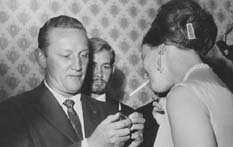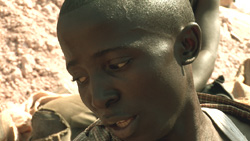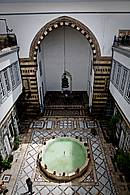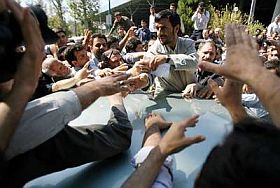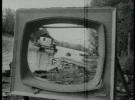


Erlend E. Mo: Sandhedsjæger

OBS til danske læsere: Se denne smukke og gribende krimidokumentar om opklaringen af to justitsmord begået mod en handicappet mand, som sad i fængsel i over 18 år for to kvindemord, han ikke havde begået. Det er en krimi med rigtige mennesker i en rigtig historie, en skamplet på det oplyste og velorganiserede norske retssamfund. Filmen vises i Cinemateket i København torsdag den 21. Maj kl. 19.
But I continue in English as the film definitely has international potential and deserves to be shown at festivals all over as a fine piece of genre-conscious storytelling that appeals to both heart and brain. Of course the filmmakers have chosen to play as much as they can according to the rules of the crime series stereotype that we can watch every night on television if we want to.
Ex-newsreporter Tore Sandberg and his friend, ex-police investigator Frode Asbjørnsen constitute a couple like good old Morse and Lewis or other modern parallels or why not Sherlock Holmes and doctor Watson. They are indeed different in temperament but they are as characters so good together, these two older gentleman who have never visited a fitness centre and like the good side of (pub)life! The scoop of the film lies with the two characters in their chase for the truth. For Tore complemented with the motivation to rehabilitate Fritz Moen, who sat in jail for more than 18 years for two murders that he had not done. The two men can argue against each other, have funny conversations and at the same time be totally dedicated to the mission.
Tore covered the case way back and feels bad he was part of the media hysteria that hurried to condem Fritz Moen as the easy guilty person. Step by step Tore collects evidence that it could not have been Fritz – through interviews he makes with Fritz himself, with people who were involved in the investigation 20 years earlier and through all the court documents. The filmmakers create a story with dramatic flow, with repetitive tableau-like images of the water where the corpses of the young women were found, of Tore driving through a tunnel with a light at the end, and with reconstructions of the crimes done in an effective, yet discreet manner. Sorry, cant find anything to complain about!
Norway, 2009, 86 mins.
